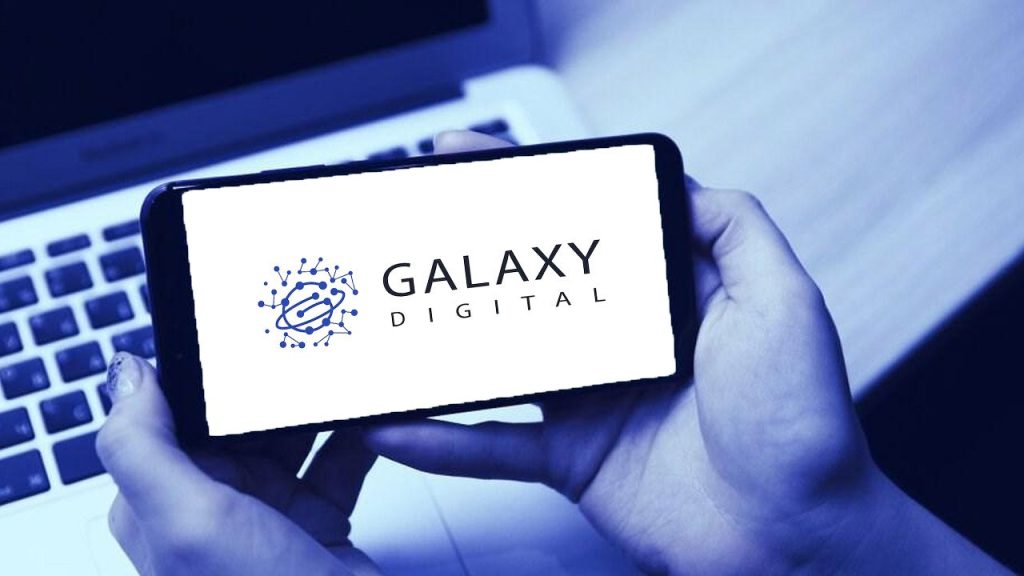Galaxy Digital has entered a preliminary agreement with a leading U.S. hyperscaler—a data center operator with the capability to handle massive computational workloads. The agreement could see Galaxy’s 800-megawatt (MW) Helios mining facility in West Texas transition to high-performance computing (HPC) operations. Hyperscalers like the potential partner provide the robust computational power needed for cutting-edge AI applications, which often demand enormous energy and processing capacity.
Of the Helios facility’s capacity, 200 MW are currently operational, with Galaxy actively assessing an expansion to secure an additional 1.7 gigawatts (GW) to meet the growing computational needs of AI. The move, however, hinges on due diligence and obtaining the necessary regulatory approvals before Galaxy can fully commit to this transformation.
Galaxy isn’t alone in considering AI as a promising avenue. Other major Bitcoin miners, including Riot Platforms and Marathon Digital, are weighing similar expansions. Meanwhile, Core Scientific, another mining giant, has already taken the plunge with a strategic 12-year partnership with AI-focused hyperscaler CoreWeave, projecting over $8 billion in revenue through this collaboration.
Industry experts suggest that embracing AI could be a profitable evolution for Bitcoin miners. Investment firm VanEck forecasts that miners who allocate just 20% of their energy capacity to AI computing could collectively reap $14 billion annually by 2027.
Q3 Challenges Highlight Bitcoin Mining Hurdles

Galaxy’s third-quarter earnings underline the increasingly difficult environment for Bitcoin mining. During the period, the company’s Bitcoin production fell 27% to 176 BTC, with mining revenue dropping 23% to $18.5 million. Despite an 11% increase in its operational hashrate to 6.2 exahashes per second (EH/s), Galaxy attributed the decline to a number of factors, including the April Bitcoin halving event, rising mining difficulty, and seasonal energy curtailments.
The company ultimately reported a $54 million net loss for the quarter—a notable improvement from the previous quarter’s $177 million loss. In a bright spot, Galaxy’s overall operating revenue grew over 30% from the prior quarter, bolstered by strong operational performance and favorable market trends, despite an industry-wide slowdown in trading volumes and a dip in Ethereum prices. As of September 30, Galaxy reported a robust equity capital base of $2.1 billion.
Galaxy’s foray into AI is part of a broader strategic vision to navigate the evolving digital landscape. The company is moving forward with plans to restructure as a Delaware-based corporation with an anticipated listing on the Nasdaq, pending final review and approval from the U.S. Securities and Exchange Commission.
This anticipated transformation underscores Galaxy’s readiness to embrace change, potentially positioning itself at the forefront of AI-driven opportunities. By realigning its resources toward AI, Galaxy Digital aims to not only counteract current mining pressures but also unlock new, substantial revenue avenues in the rapidly growing AI sector.



